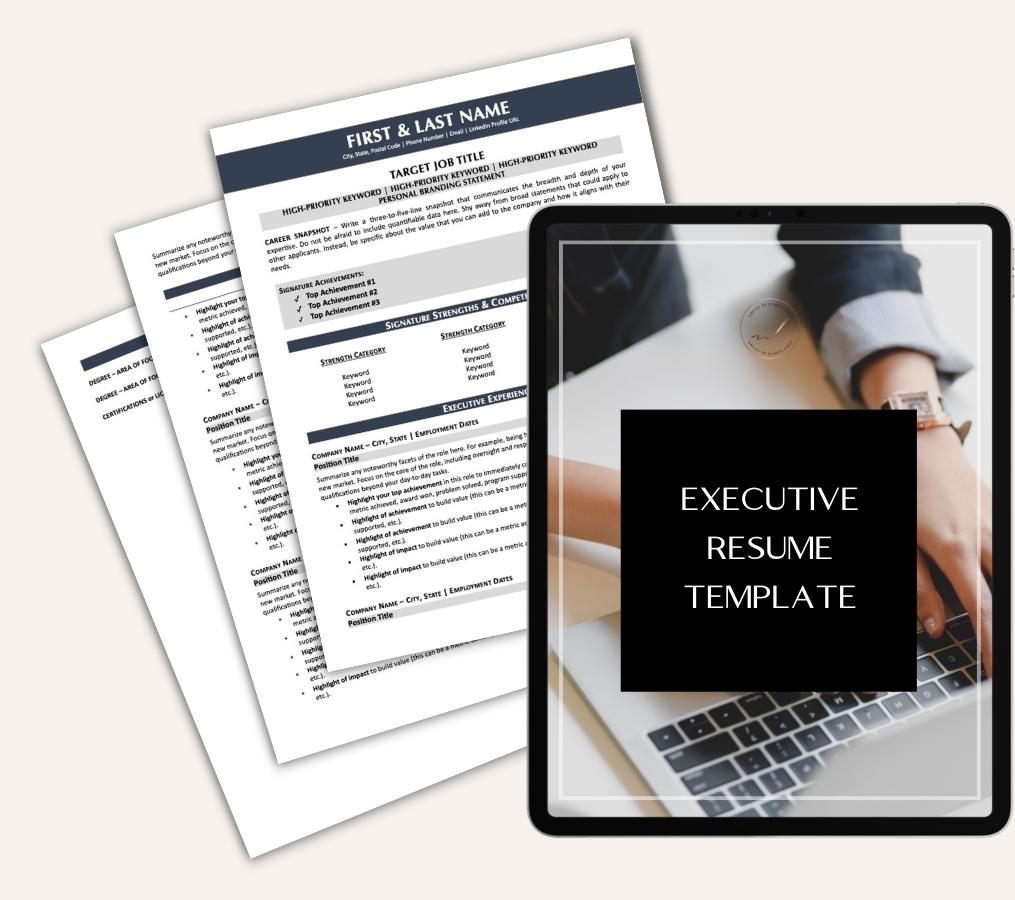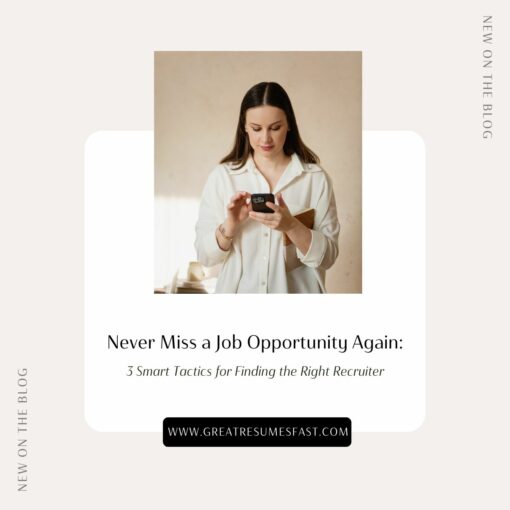Active Career Management
There are three things in this life that you absolutely have to manage, or at some point they will catch up with you. The first two, health and finances, are best handled by your doctor and your accountant. The last essential, your career, is what we’re here to help you with.
Half the people in my family are retired from a local Fortune 500 company. My relatives put in their 30 years, earned their retirement, and now live off their company pensions. While there are still a few jobs out there with this arrangement, the vast majority of companies no longer expect their employees to stay in one place for their entire career. While many employers do focus on employee retention and promotions, individual employees often make the greatest leaps in their careers by going somewhere else.
What does all this mean for the modern worker? It means that those who don’t actively manage their careers are going to get left behind. We all hope that our employers will do right by us and look out for our welfare. However, when it comes time for a company to downsize or even shut its doors, that’s not always possible. The smart worker remains in charge of his or her career, regardless of what the employer is doing.
I encourage everyone to start a career portfolio for themselves. One of the easiest ways to do this is to buy a portable flash drive that you can plug into the USB port of any laptop or desktop computer. On this drive, store every document you can find related to your career. Old job descriptions and evaluations from your supervisors offer valuable information about your previous responsibilities. They can also help you when it comes time to answer interview questions about your strengths and weaknesses. Any work you’ve had published in print or online should be saved in your portfolio. You should also keep old resumes there—and any information you can use to support those resumes. For instance, if you’re in sales, keep a record of your sales accomplishments. If you’re in project management, keep a running list of the projects you’ve delivered and the budgets associated with each. If you have electronic copies or scanned images of your school transcripts, those should go into your portfolio as well.
Looking for a job is stressful. Many people contact us for help because the very idea of capturing a 20- or 30-year career in one document is overwhelming for them. Keeping a running record of everything related to your career helps to alleviate this stress when the time arises to find a new job.
It really is true that knowledge is power, and when it comes to your career, you belong in the driver’s seat.
Share this post:

About the author
Jessica Hernandez, President, CEO & Founder of Great Resumes Fast
Hi, I’m Jessica. I started this company back in 2008 after more than a decade directing hiring practices at Fortune 500 companies.
What started as a side hustle (before that was even a word!) helping friends of friends with their resumes has now grown into a company that serves hundreds of happy clients a year. But the personal touch? I’ve kept that.
You might have seen me featured as a resume expert in publications like Forbes, Fast Company, and Fortune. And in 2020, I was honored to be named as a LinkedIn Top Voice of the year!
I’m so glad you’re here, and I can’t wait to help you find your next perfect-fit position!
Improve Your Resume: Download Your Free Executive Resume Template Today
Are you struggling to create an executive resume that will impress employers? Download this free executive resume template and receive a series of 10 emails with expert guidance on how to write resume content that resonates with employers so you get more interviews.
It's everything you need to stand out, make an impression, and accelerate your job search.








